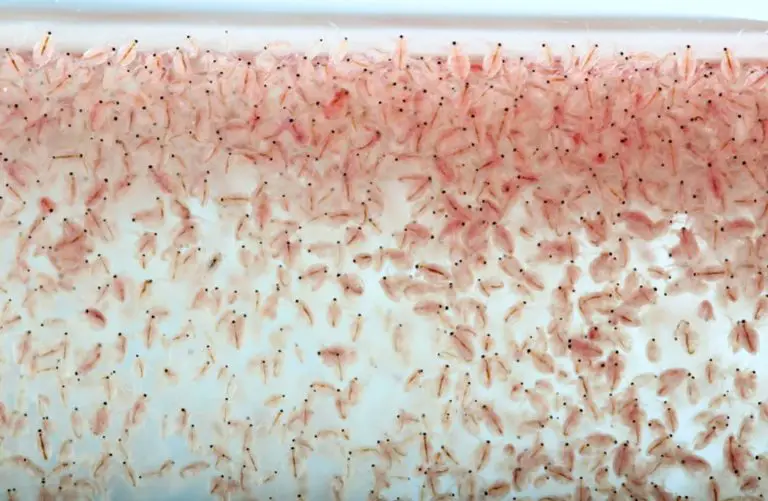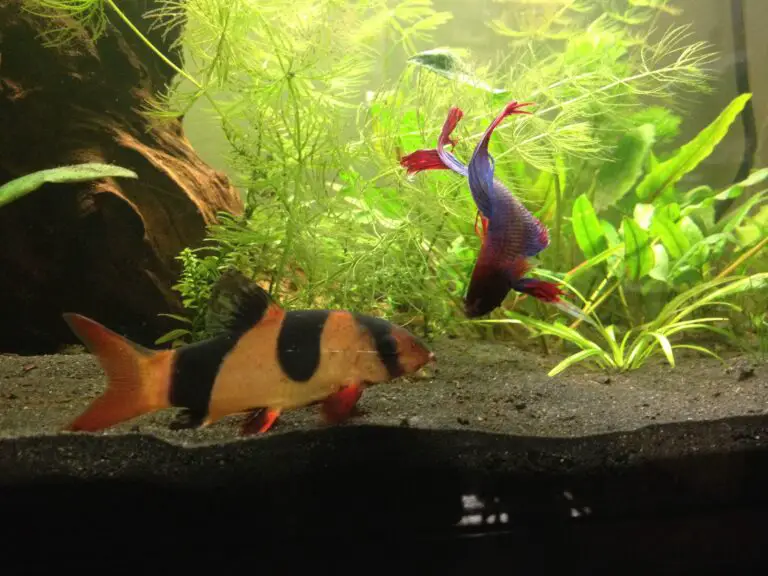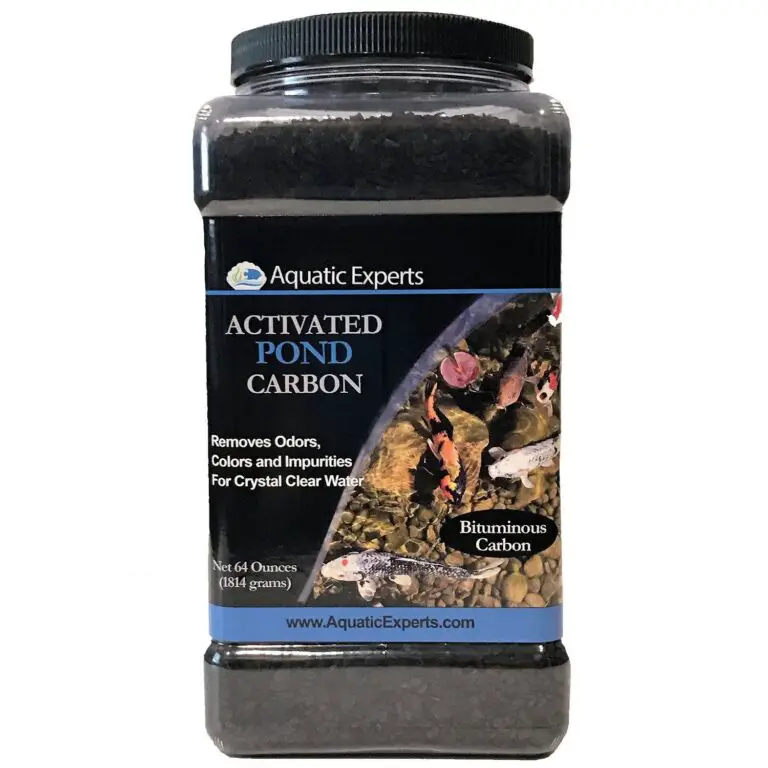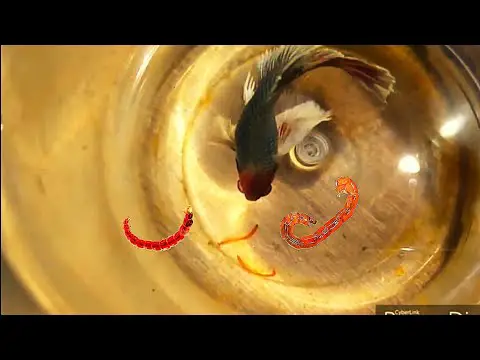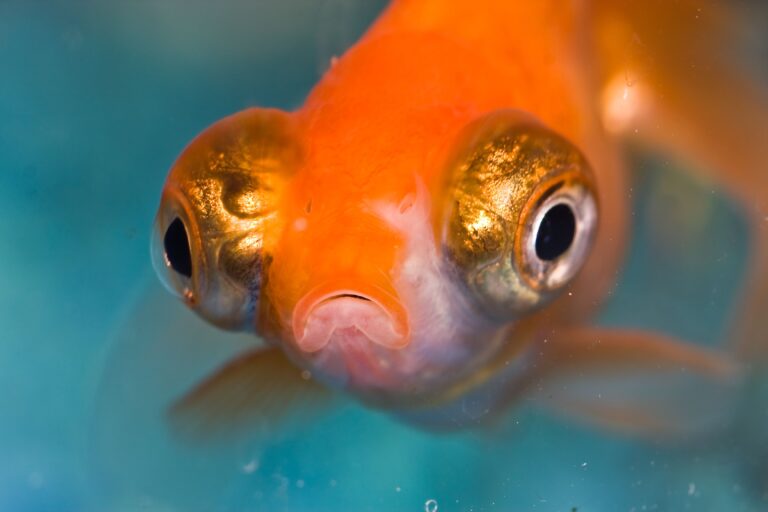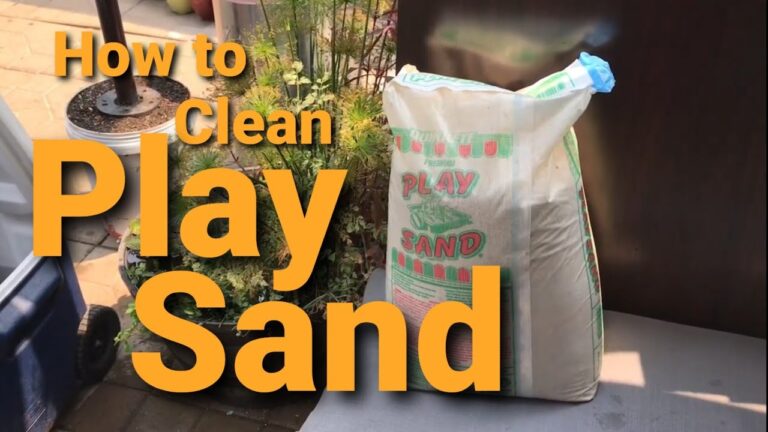Can You Have Too Much Filtration in an Aquarium
The short answer is yes, you can have too much filtration in an aquarium. However, it is not common and usually only occurs in very large tanks with a high fish load. Too much filtration can cause the water to flow too fast and create too much turbulence.
This can stress the fish and make them more susceptible to disease. It can also cause the filter media to break down too quickly, leading to a build-up of toxins in the water.
- Overfiltering can occur in an aquarium when there is too much filtration for the size of the tank or the number of fish that are present
- This can lead to poor water quality and potentially harm the fish
- To avoid overfiltering, it is important to choose the right filter for your tank size and stocking level
- Additionally, regular maintenance and cleaning of the filter media will help to keep it functioning properly and prevent any build-up of harmful toxins
Can You Have Too Much Filtration in a Saltwater Aquarium
There are a few things to consider when wondering if you have too much filtration in your saltwater aquarium. The first is the turnover rate. The turnover rate is the number of times per hour that all the water in your tank flows through your filter system.
A general rule of thumb is 4-6 times per hour for a reef aquarium. If you have a fish only aquarium, you can get away with 2-4 times per hour.
The second thing to consider is what type of filter media you are using and how much of it.
For example, if you are using a lot of carbon in your filter, you may want to reduce the amount so that it does not remove too many nutrients from the water.
The last thing to consider is whether or not your tank inhabitants are happy and healthy. If they seem stressed or there is an algae bloom, then you may want to reevaluate your filtration system.
Overall, there is no definitive answer as to whether or not you can have too much filtration in a saltwater aquarium.
How Much Filtration for Aquarium
If you’re wondering how much filtration you need for your aquarium, there are a few things to consider. The first is the size of your aquarium. A small aquarium will require less filtration than a large one.
The second is the type of fish you have. Some fish are more sensitive to water quality than others and will require more filtration. Finally, the number of fish you have will also affect how much filtration you need.
A good rule of thumb is to use a filter that can turn over the entire volume of your aquarium once per hour. So, for example, if you have a 50 gallon aquarium, you’ll want a filter that can move at least 50 gallons per hour (gph). Higher-end filters can move even more water than this, but they may not be necessary unless you have very sensitive fish or a lot of them.
There are many different types of filters available on the market, so it’s important to do some research to find the right one for your needs. Canister filters and hang-on-back (HOB) filters are two popular choices for larger aquariums. For smaller tanks, internal power filters or sponge filters are often used.
Can You Over Filter a Planted Aquarium
Many aquarium hobbyists choose to filter their tanks using live plants. Plants help to keep the water clean and can provide a natural way to remove nitrates from the water. However, some people worry that they may be over-filtering their aquarium if they have too many plants.
So, can you over filter a planted aquarium? The short answer is yes, it is possible to over filter an aquarium with live plants. However, it is not necessarily a bad thing.
Over-filtering can occur when there are more beneficial bacteria present in the filter than there are in the tank itself. This can happen if the filter media is heavily colonized with bacteria or if the tank has very few fish or other animals present. While this may seem like a good thing, too much filtering can actually lead to problems in the long run.
One issue that can arise from over-filtering is an imbalance in the nitrogen cycle. When there are more bacteria present in the filter than in the tank, it can cause ammonia and nitrite levels to spike. This can be harmful to fish and other aquatic animals.
Another problem that may occur is that oxygen levels could drop too low since filters use up oxygen as they work. While over-filtering may not seem like a big deal at first, it is important to be aware of these potential problems so that you can avoid them. If you think your aquarium might be over-filtered, consider adding more fish or other animals to help balance out the ecosystem.
Adding a Second Filter to an Aquarium
If you have an aquarium, you may want to consider adding a second filter. Here are some benefits of doing so:
- Better filtration: Two filters can do a better job of filtering your water than one filter alone. This is because each filter can capture different types of particles and debris.
- Increased oxygenation: More filters means more surface area for beneficial bacteria to colonize. These bacteria help to break down waste and oxygenate the water.
- Improved circulation: Having two filters will create more water movement in your aquarium which can be beneficial for fish health.
- Greater capacity: Two filters will obviously have twice the capacity of one filter, meaning you won’t need to clean or replace them as often.
- Peace of mind: If one filter fails or needs to be cleaned, you still have a backup working to keep your aquarium healthy and clean.
Can I Use 2 Filters in My Aquarium
If you have an aquarium, you may be wondering if you can use two filters. The answer is yes, you can! In fact, using two filters can actually be beneficial for your fish.
There are a few different reasons why using two filters can be helpful. First of all, it provides redundancy in case one filter fails. Additionally, it can help to keep the water cleaner overall since each filter will catch different types of debris and waste.
Of course, there are also a few things to keep in mind when using two filters. For example, you’ll need to make sure that the flow rate of each filter is not too high or else it could create too much turbulence in the water for your fish. Additionally, you’ll want to ensure that each filter has its own intake and output so that water is properly circulated throughout the aquarium.
Overall, using two filters in your aquarium can be a great way to keep the water clean and healthy for your fish. Just be sure to take into consideration the potential downsides before setting everything up.
Should a Fish Tank Filter Be Fully Submerged
Aquarium filters are a vital part of any fish tank and play an important role in keeping your fish healthy and your water clean. There are many different types and sizes of aquarium filters available on the market, so it is important to choose the right one for your particular tank. One important factor to consider when selecting an aquarium filter is whether or not it should be fully submerged.
There are pros and cons to both fully submerged and non-submerged filters, so it is important to weigh all of your options before making a decision. Fully submerged filters tend to be more effective at filtering water and can often accommodate larger tanks better than non-submerged filters. However, they can also be more difficult to clean and maintain.
Non-submerged filters, on the other hand, are typically easier to clean and maintain but may not be as effective at filtering water. Ultimately, the best type of filter for your tank will depend on your individual needs and preferences.
How Much Bio Filter Media Do I Need
If you’re wondering how much biofilter media you need for your aquarium, the answer depends on a few factors. The size of your aquarium, the number of fish, and the type of biofilter media all play a role in determining how much you’ll need. For a small aquarium (up to 10 gallons), one to two pounds of biofilter media should be sufficient.
For a medium-sized aquarium (10-20 gallons), three to five pounds will be necessary. And for a large aquarium (over 20 gallons), five to 10 pounds will likely be required. The number of fish in your aquarium is also a factor to consider when calculating how much biofilter media you’ll need.
As a general rule of thumb, each fish produces about one ounce of waste per day. So, if you have 10 fish in your aquarium, they’re producing about 10 ounces (or 1/2 pound) of waste each day. This means that you’ll need at least 1/2 pound of biofilter media for every 10 fish in your aquarium – more if you have particularly messy eaters or are overstocked!
And finally, the type of biofilter media you use will also affect how much you need. Some types are more efficient than others at breaking down waste products, so it’s important to choose one that’s right for your setup. A good quality sponge filter, for example, can do an excellent job at filtration with very little media while still providing plenty of surface area for beneficial bacteria to grow.
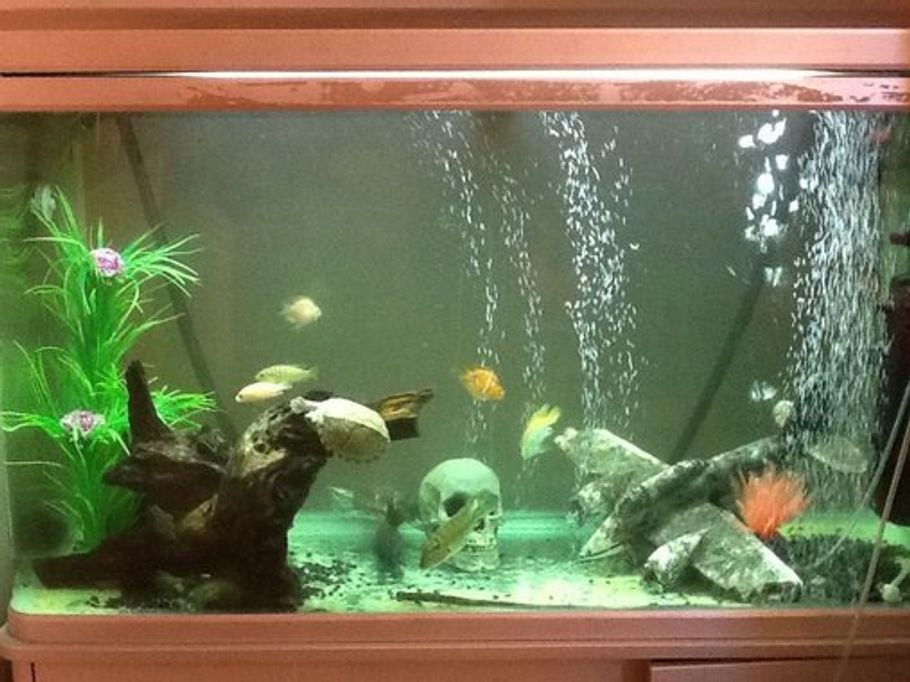
Credit: www.ratemyfishtank.com
What Happens If You Over Filter Your Fish Tank?
If you over filter your fish tank, it can cause a number of problems. The most common problem is that the water can become too clean and this can stress out the fish. They may also stop eating as much or start to hide more.
Another problem that can occur is that the filter may start to suck up smallfish and fry. If this happens, you will need to clean out the filter more often.
Is It Ok to Have 2 Filters in a Fish Tank?
If you have a fish tank, you might be wondering if it’s okay to have two filters. The answer is yes, it’s perfectly fine to have two filters in a fish tank. In fact, having two filters can even be beneficial for your fish.
Having two filters gives your fish tank additional filtration and water circulation, which can help to keep your water clean and your fish healthy. It also provides redundancy in case one filter fails or needs to be cleaned, so that your fish still have some filtration and circulation while you fix the other filter. Of course, there are a few things to keep in mind when using two filters in a fish tank.
First, you’ll need to make sure that both filters are compatible with each other and that they’re the same size.
Second, you’ll need to ensure that both filters are properly maintained and cleaned on a regular basis. But as long as you do these things, having two filters in your fish tank is perfectly fine and can even be beneficial for your fish!
Can a Water Filter Be Too Strong for Fish?
A water filter can be too strong for fish if the filter is not properly maintained. A clogged or dirty filter can cause the water to flow too quickly and with too much force for fish to swim in. In addition, a water filter that is not properly maintained can release harmful chemicals into the water that can poison fish.
How Do I Know If My Filter is Too Strong?
If your filter is too strong, it can cause your aquarium water to become cloudy. It can also create a lot of waste in your tank, which can lead to ammonia and nitrite spikes. If you notice any of these problems, it’s a good idea to check your filter and make sure it’s not too strong.
Can You Over-Filter a Fish Tank? Stop WASTING Your MONEY!
Conclusion
It is often thought that the more filtration an aquarium has, the better. However, it is possible to have too much filtration in an aquarium. This can lead to a number of problems, including decreased water quality and increased stress on fish.
There are a few things to consider when determining if your aquarium has too much filtration. First, look at the turnover rate of your filter. The turnover rate is the amount of water that your filter can move through in an hour.
For example, if your filter has a turnover rate of 10 gallons per hour and your aquarium is 20 gallons, then your filter is moving too much water through too quickly and needs to be slowed down.
Another thing to consider is the type of filtration you are using. If you are using a canister filter, make sure that you are not over-loading it with media.
Canister filters need room to breathe and if they are over-loaded with media, they will not work properly. Lastly, don’t forget about mechanical filtration (such as sponge filters) which should be replaced every few months as they become clogged with debris.

